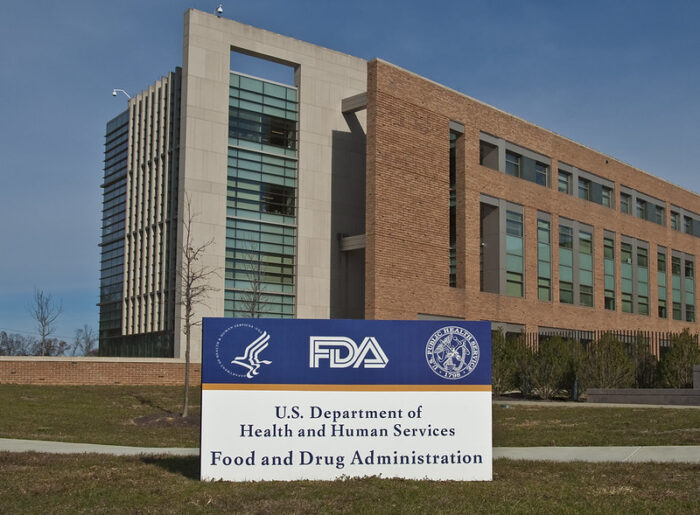Alzheimer’s disease is currently diagnosed with medical images expenses or invasive methods that require a spinal tap. Patients now have an alternative. The FDA has eliminated a new diagnostic test of Fujirebio that detects signs of the disease of a patient’s blood sample, marking what the agency says it is the first blood test for neurodegenerative disorder.
The regulatory decision announced on Friday covers the early detection of amyloid plaques in adults over 55 years of age that show signs and symptoms of the disease. The diagnosis will carry the lumipulse brand G PTAU217/ß-amyloid 1-42 Plasma ratio.
The accumulation or amyloid plate is a distinctive or Alzheimer’s characteristic. The new FDA approved the drugs of Alzheimer Leqembi, from EISAI, and Kisunla, Eli Lilly, work attacking and breaking the amyloid plaques. The ability to detect disease signs could previously allow patients to start the treatment of Soner.
The Fujirebio test measures the plasma levels of two proteins, PTAU217 and β-amyloid 1-42. Then, the test calculates the numerical relationship of the levels of these proteins, which correlates with the presence or absence of amyloid plaques in a patient’s brain.
The FDA decision for the new Diagnosis of Fujirebio was based on the results of a clinical test of 499 samples of adult plasma that were cognitively affected. The FDA said that 91.7% of those tested with the Fujirebio test had the presence of amyloid plaques shown by positron emission tomography (PET) or result of the cerebrospinal fluid test (CSF); 97.3% of people with negative results had a negative PET exploration or result of the CSF test. As with any diagnostic test, the FDA said that the main risk of the test is the possibility of false or false negative results.
Fujirebio already markets a Alzheimer’s test that measures these proteins from a CSF sample. That test was the predicted device with which the new diagnosis of Fujirebio was compared under the 510 (K) route of the FDA. The FDA discovered that the new Lumipulse test was a substantial equivalent to the previous test that analyzes the CSF.
“Current authorization is an important step for the diagnosis of Alzheimer’s disease, which makes it easier and more accessible to US patients before the disease,” Michelle Trver, director of the Devices and Radiological Health Devices Center or Radiological Health or Radiological Health, Saint.
Readck Partners estimates that the Alzheimer’s diagnostic market has about $ 9 billion. But the analyst Puneet Souda pointed out in a Friday research note that the absorption of Alzheimer’s medications has been modest, which has the effect of limiting the trajectory of the diagnosis demand. Other companies that develop blood -based diagnoses include C2N diagnosis, Beckman Coulter Diagnostics and Quanterix. With the first authorization of the FDA, the new diagnosis of Fujirebio establishes a reference point for other blood tests to meet, Souda said. But as competition increases in this market, differentiation could reach the data shown in clinical tests.
“Ultimately, we believe that the essay with most clinical tests will win the race, which seems to be C2N percivityad2 so far,” Souda said.
FDA Photo










